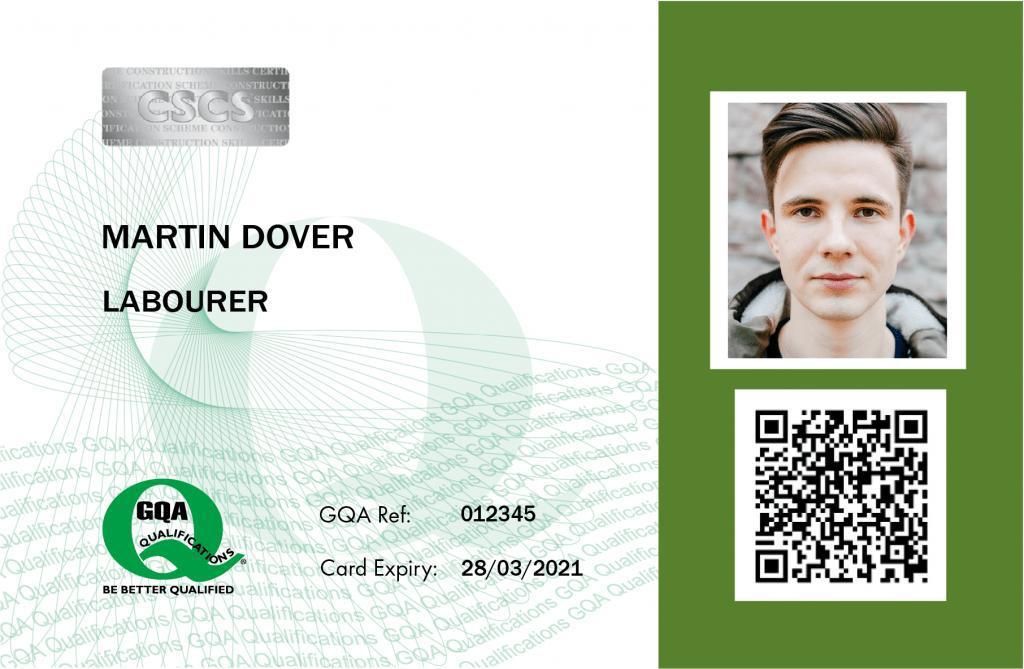
Climate Change and Business Resilience Outlines
Course ID: 2506230101061ESH
Course Dates : 23/06/25 Course Duration : 5 Studying Day/s Course Location: London, UK
Language: Bilingual
Course Category: Professional and CPD Training Programs
Course Subcategories: Operations and Process Excellence
Course Information
Introduction
The increasing frequency and intensity of climate-related disruptions have placed businesses under immense pressure to adapt, innovate, and build resilience. Climate change is not just an environmental challenge; it is a critical business issue that demands strategic, operational, and cultural shifts across organizations. Businesses that effectively integrate climate resilience into their operations are better positioned to mitigate risks, seize opportunities, and maintain long-term sustainability.
This course provides a comprehensive framework for understanding the impact of climate change on business operations, supply chains, and stakeholder expectations. It explores the interplay between environmental, social, and economic factors, highlighting how businesses can align their strategies with global sustainability goals. Participants will gain insights into the regulatory landscape, emerging risks, and evolving market dynamics associated with climate change.
Through interactive discussions, case studies, and practical tools, the course will guide participants on how to incorporate climate resilience into organizational strategies. Key topics include risk assessment and management, climate-focused innovation, stakeholder engagement, and measuring the financial impacts of climate-related actions.
Additionally, the course emphasizes the importance of fostering a culture of resilience within the workforce. Participants will learn how to encourage collaboration, innovation, and leadership to address climate challenges effectively. The program also explores the role of technology and digital solutions in enhancing business resilience against climate-related disruptions.
Climate change presents not only risks but also significant opportunities for growth and innovation. This course will enable participants to identify new market possibilities, reduce operational vulnerabilities, and strengthen their competitive advantage in a rapidly changing world.
By equipping professionals with actionable knowledge and skills, this training ensures that participants are prepared to navigate the complexities of climate change while creating lasting value for their organizations and communities.
Objectives
By attending this course, participants will be able to:
Evaluate the business risks and opportunities associated with climate change and resilience planning.
Develop strategies to integrate climate resilience into organizational goals and decision-making processes.
Conduct climate risk assessments and implement mitigation measures across operations and supply chains.
Enhance stakeholder engagement by aligning business practices with global sustainability standards.
Leverage technological and digital tools to address climate-related challenges effectively.
Foster a culture of innovation and collaboration to adapt to a rapidly changing business environment.
Identify potential growth opportunities arising from the transition to a low-carbon economy.
Who Should Attend?
This course is ideal for:
Business leaders, executives, and decision-makers seeking to future-proof their organizations.
Sustainability officers and environmental managers aiming to strengthen their strategic impact.
Risk management professionals responsible for identifying and mitigating climate-related risks.
Supply chain managers and operational leaders addressing vulnerabilities in global operations.
Professionals in corporate social responsibility (CSR) and ESG (Environmental, Social, and Governance) roles.
Policy advisors and consultants working on climate resilience and sustainability initiatives.
Anyone interested in understanding the intersection of business resilience and climate change.
Training Method
• Pre-assessment
• Live group instruction
• Use of real-world examples, case studies and exercises
• Interactive participation and discussion
• Power point presentation, LCD and flip chart
• Group activities and tests
• Each participant receives a 7” Tablet containing a copy of the presentation, slides and handouts
• Post-assessment
Program Support
This program is supported by:
* Interactive discussions
* Role-play
* Case studies and highlight the techniques available to the participants.
Daily Agenda
Daily Schedule (Monday to Friday)
- 09:00 AM – 10:30 AM Technical Session 1
- 10:30 AM – 12:00 PM Technical Session 2
- 12:00 PM – 01:00 PM Technical Session 3
- 01:00 PM – 02:00 PM Lunch Break (If Applicable)
- Participants are expected to engage in guided self-study, reading, or personal reflection on the day’s content. This contributes toward the CPD accreditation and deepens conceptual understanding.
- 02:00 PM – 04:00 PM Self-Study & Reflection
Please Note:
- All training sessions are conducted from Monday to Friday, following the standard working week observed in the United Kingdom and European Union. Saturday and Sunday are official weekends and are not counted as part of the course duration.
- Coffee and refreshments are available on a floating basis throughout the morning. Participants may help themselves at their convenience to ensure an uninterrupted learning experience Provided if applicable and subject to course delivery arrangements.
- Lunch Provided if applicable and subject to course delivery arrangements.
Course Outlines
Understanding Climate Change and Its Impact on Businesses
Overview of climate change: causes, trends, and future projections.
The intersection of climate change and business operations.
Key climate risks: physical, transitional, and reputational.
The evolving regulatory and policy landscape.
Day 2:
Climate Risk Assessment and Mitigation Strategies
Conducting climate risk assessments: frameworks and methodologies.
Identifying vulnerabilities in operations, supply chains, and markets.
Developing risk mitigation plans: practical steps and tools.
Financial implications of climate-related risks and actions.
Day 3:
Embedding Climate Resilience in Organizational Strategies
Integrating climate resilience into corporate strategy and governance.
Engaging stakeholders: employees, investors, and communities.
Leveraging innovation and technology for climate solutions.
Aligning with global sustainability goals, including the SDGs and net-zero targets.
Day 4:
Business Opportunities in a Low-Carbon Economy
Exploring new markets and growth opportunities driven by climate change.
The role of renewable energy and circular economy models.
Green finance and investment strategies for sustainable businesses.
Case studies: Successful adaptation and innovation in response to climate challenges.
Day 5:
Building a Culture of Resilience and Leadership
Cultivating leadership and collaboration to address climate challenges.
Training and upskilling employees for climate-focused roles.
Monitoring, measuring, and reporting climate resilience initiatives.
Final workshop: Developing a climate resilience action plan for your organization.
Course Fees: £5,120.30
Vat Not Included in the price.
VAT may vary depending on the country where the course or workshop is held.
Click to pay
Date has passed please contact us Sales@e-s-hub.com



















































